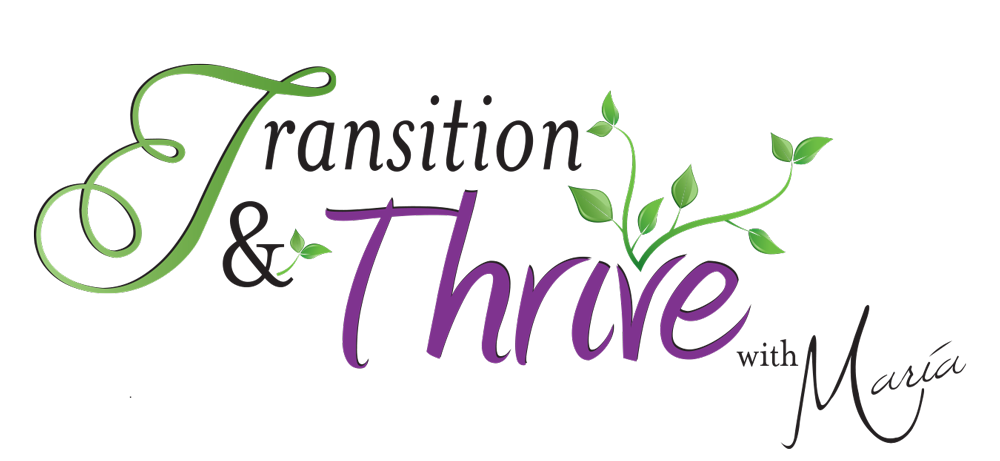Having 20/20 vision is a good thing. It means seeing things clearly and being able to move forward with purpose. Except, in this year of 2020, it seems as if just the opposite happened. It brought people to a standstill, caused a fog to settle in, and self-doubt and fear came out to play—along with their companion, your Inner Critic.
It’s that pesky voice inside your head that holds you back from seeing all the possibilities—and that limits your potential. What happens when your inner critic takes up residence and doesn’t want to leave?
You might find yourself thinking that you don’t measure up. Those thoughts are self-critical, negative, and discouraging. Your inner critic is finding fault at every turn, and you become your own worst enemy. It’s hard to move when you feel worthless.
However, there is another voice in your head, and you may need to clear away some of the fog to hear it. When you decide to change the channel inside your head, you can listen to more nurturing and supportive tunes. That’s when empowering words will come through loud and clear. These will make you feel capable, smart, and resourceful again.
From this mindset, you can take charge and silence your inner critic that keeps holding you back.
Inner Critic Questions
Question One: Would you speak to your child or your best friend the way you allow your inner critic to talk to you? Can you imagine yourself saying critical things to a young person or a relative you love like, “You’re too old—or too young.” Or, “You don’t have what it takes.” “It’s hard, so you might as well quit.” Or, “You’ll never be thin.”
I don’t think so. At least not if you have a compassionate bone in your body.
Then, why do you let your inner critic get away with dragging you down from the inside out with all the negativity?
Question Two: “Is it true?” When a criticizing voice speaks up, pause, think about what it means, then ask yourself that question. “Is it true?”
You can also ask, is there evidence in your life right now that can shoot down the idea in your head, calling it what it is—false?
Self-confidence is fragile, and the more you allow degrading thoughts to play around in your head, the more you will believe they are right. The truth is, thoughts are not facts—they come from your subconscious where your memories of experiences, beliefs, and fears live.
I love the way Carl Jung talked about it, “Until you make the unconscious conscious, it will direct your life, and you will call it fate.”
Are you willing to let fate take control? If your answer is no, then you’ve made a great choice. Now, you get to decide from which voice you derive your power. And, you get to determine which thoughts are valid for you now.
That’s the first step in silencing your inner critic.
Step Outside Yourself
The next step is to give your inner critic some space. Detach from the words you hear and become an objective observer. This approach permits you to see things from a different perspective and hear the words with new ears. As a result, it will bring more clarity to your situation.
Imagine for a moment that the inner voices are talking to someone else. What would you say to the person speaking? Would you scold them for being so unkind? Would you defend the person taking the brunt of the criticism? Of course, you would.
Taking away the power of your inner critic in this way puts you in the driver’s seat.
Write a Plot-twist
Now that you’re seeing and hearing your inner critic for who she is, you can tell the story in a new way. Instead of sharing all the negativity, you can put a positive spin on the tale. Let me share an example of what I mean.
Let’s say those inner voices were holding you back from doing something you want to do, telling you how stupid an idea it is and that you’ll regret it. All you can hear are the discouraging words that make you feel unequipped to handle whatever might come. And you get stuck right where you are.
What if you were paying attention and noticed right away what your inner critic was doing, so you called her on it and said, “that’s not true!”
Then, you wrote a different end to the story. You replaced all the negative thinking with, “I am capable of doing this well because I am resourceful, I know who to ask for help, and I want to give this a try. And besides, even if it doesn’t work out perfectly, this will be how I learn to do it better.” Plot-twist.
How You Treat Others Matters
Next, take note of how you speak to others in your world. If you are talking to them through the voice of your inner critic, you’re signaling your brain that it is okay to be critical. And guess from where the voices in your head get their marching orders.
When you treat others with compassion and kindness, when you are non-judgmental, your inner critic will start to take a hike because you have created an environment where she is not welcome.
Likewise, when you think others are doing a better job than you, and you’re comparing your worst to their best, your inner critic will take notice and run that scenario over and over again like a broken record. You’ll be giving your power away.
The only one you should compare yourself to is you at an earlier time—your former self. Because that’s the only way you will recognize how far you’ve come compared to where you started. You are the only one who matters in this equation.
Silence Your Inner Critic—Once and For All
Finally, have a little fun with your inner critic. She will likely pop up now and again if you’re human, and she’ll try to take you down for the count—so be prepared.
Here’s an idea. Give that pesky and sometimes loud voice in your head a name and a personality. I learned this technique a while back, and it made a big difference in how I interact with “Matilda.”
That’s what I call her. I remember this character from a book I read as a young girl, and she was always cutting people down and trying to make them feel bad about themselves. I didn’t like her very much, and that makes it easy for me to yell at her.
So, when Matilda raises her voice at me, I tell her to stop! Literally—I yell, “Stop!” But sometimes, it takes a while for me to notice that she’s hanging around because she tends to whisper. She sneaks in to disrupt my thoughts, which keeps me from seeing the possibilities and meeting my potential. She loves to take me down a dark rabbit hole.
Matilda can be downright nasty at times, and she is not someone I want hanging out with me. So, I put my tools to work (some of which I shared with you here), and I kick her to the curb just as quickly as possible.
You Deserve To Be Treated Well
So, when you want to silence your inner critic, decide how you want to talk to her. Choose the positive words and phrases you want to hear instead of the negativity and discouragement.
Then, commit that you will speak to yourself with encouraging, empowering, and enlightening words. Set the example for how you want others to treat you by showing how well you treat yourself.
Not only will these techniques put a muzzle on your inner critic, but you will be free to step into your power to achieve your best and be your best. So long, Matilda!
Take the First Step
If your inner critic has taken up residence and refuses to leave, you may not like yourself much or even know who you are anymore. It can be hard to learn how to create that eviction notice, and getting some guidance may be just what you need. Let’s have a chat and talk about how to get you to the other side so you can live a life free of your inner critic. I’d be happy to talk you through it.
Request your chat with María.

